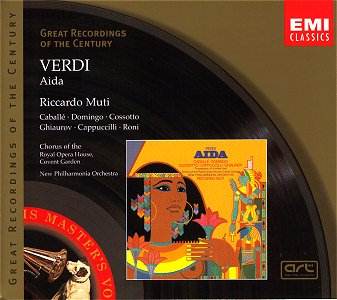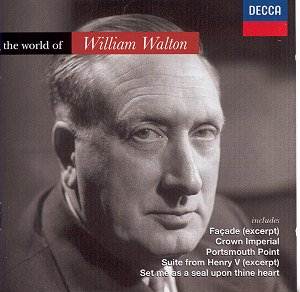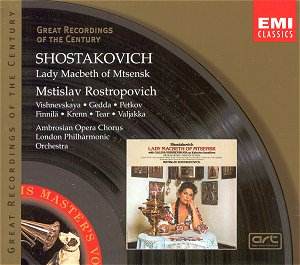 Composer: Giuseppe Verdi
Composer: Giuseppe Verdi
Works: Aida – Opera in four acts
Performers: Montserrat Caballé (soprano), Plácido Domingo (tenor), Fiorenza Cossotto (mezzo-soprano), Nicolai Ghiaurov (bass), Piero Cappuccilli (baritone), Luigi Roni (bass)
Recording: 2-9 and 11 July 1974, Walthamstow Assembly Halls, London; Digital Remastering at Abbey Road Studios 2001
Label: EMI Classics
Verdi’s “Aida,” first performed in 1871, remains a monumental work that encapsulates the grandeur and emotional depth characteristic of the composer’s late style. The opera, set against the backdrop of ancient Egypt, serves not only as a tale of love and sacrifice but also as a reflection of the political tensions and cultural identities of its time. This recording, led by Riccardo Muti and featuring an illustrious cast, captures the essence of this operatic triumph while revealing the intricacies of Verdi’s score through both its vocal performances and orchestral execution.
The standout in this ensemble is undoubtedly Montserrat Caballé, whose portrayal of Aida is marked by an ethereal quality that perfectly embodies the character’s inner turmoil. Her execution of the two principal arias, “Ritorna vincitor” and “O patria mia,” showcases a remarkable technique, particularly in her ability to deliver soft high notes with apparent ease and emotional resonance. Caballé’s interpretation is nuanced, oscillating between the fervent longing of a daughter and the tragic weight of her obligations. Fiorenza Cossotto, as Amneris, provides a compelling counterpoint; her trajectory from regal haughtiness to heart-wrenching desperation is articulated with stunning vocal agility. The interplay between these two sopranos in their duets is nothing short of electrifying, with Cossotto’s rich timbre complementing Caballé’s crystalline highs, creating an unforgettable sonic tapestry.
Plácido Domingo’s Radamès, while vocally commendable, occasionally lacks the tonal variety required to elevate his character beyond the archetypal warrior. His opening aria demands a broader palette of contrasts, yet he delivers a passionate performance that, while at times feeling one-dimensional, still manages to convey the hero’s earnestness. The brisk pacing of his aria, though exhilarating, occasionally obscures the lyrical subtleties inherent in Verdi’s composition, leading to moments where the orchestral bombast overshadows the delicate interplay of vocal lines. The New Philharmonia Orchestra, under Muti’s baton, produces a vibrant sound, yet at times the orchestral textures can feel overly assertive, diluting the overall emotional impact of the ensemble scenes.
Piero Cappuccilli’s portrayal of Amonasro adds another layer of complexity to the opera. His characterization of the manipulative father is compelling, though it is somewhat limited in tonal variation. Cappuccilli’s diction is clear, allowing the emotional stakes of his role to resonate, even if his vocal palette does not fully convey the depth of cunning that one might desire. Nicolai Ghiaurov and Luigi Roni, in their respective roles of Ramfis and the King, embody the archetypal authority figures with commendable gravitas, their voices adding a majestic quality that enhances the opera’s militaristic themes.
The recording quality, enhanced through digital remastering, allows the nuances of the performance to shine. The clarity of the orchestral and vocal lines ensures that even the most intricate passages are discernible, fostering a richer listening experience. However, the brisk tempos adopted for certain segments, such as the Triumphal March, while invigorating, can detract from the grandeur that Verdi meticulously crafted. The precision of the Trumpeters of the Royal Military School of Music, though impressive, might benefit from a more measured pace to fully encapsulate the spectacle’s majesty.
This recording of “Aida” stands as a testament to Verdi’s masterful craftsmanship and the operatic tradition that continues to resonate with audiences today. With its stellar cast and Muti’s dynamic direction, it captures both the epic scale of the narrative and the intimate emotional struggles of its characters. While there are moments where the interpretation may not fully align with the depth of Verdi’s intentions, the overall execution remains compelling. Each performance is imbued with a vibrant energy that underscores the enduring appeal of “Aida,” making this remastered recording a worthwhile addition to any opera lover’s collection.



